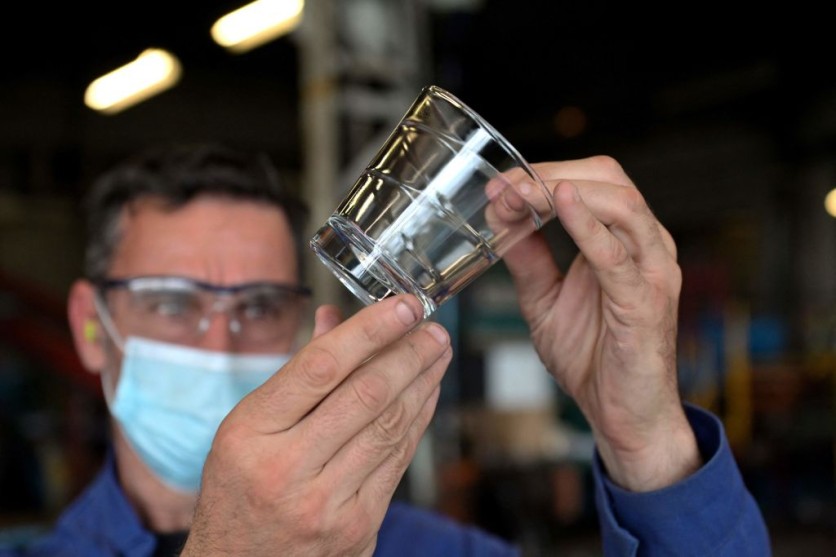In a groundbreaking study, scientists at the University of Birmingham may have just achieved significant breakthroughs in wound care.
Their research reveals the potential of using bioactive glass impregnated with silver to treat chronic wounds, offering a more effective and longer-lasting antimicrobial solution than traditional alternatives.

Bioactive Glass for Wounds
Bioactive glass, a special type of synthetic biomaterial derived from silicone, has already found utility in bone grafting procedures. The team of researchers sought to explore its potential for addressing chronic wounds.
For years, silver has been recognized for its ability to inhibit the growth of bacteria in open wounds. Silver-based treatments have gained popularity due to their effectiveness against antibiotic-resistant strains.
However, maintaining silver's antimicrobial properties has proven challenging. Silver ions or nanoparticles present in wound dressings tend to transform into less active forms like silver sulphide or silver chloride.
This transformation hampers the antimicrobial activity and compromises the success of the treatment.
To tackle this issue, the scientists focused on bioactive glass doped with ionic silver and its impact on biofilms formed by Pseudomonas aeruginosa, a notorious multidrug-resistant bacterium that frequently causes infections in chronic wounds.
Their study highlighted specific techniques in preparation, storage, and application that minimize the transformation of silver ions. By preventing the conversion to silver chloride, the antimicrobial activity is preserved, leading to more effective wound protection.
The team of researchers involved in this study includes professionals from various fields. Dr. Sarah A. Kuehne, a microbiology researcher, Dr. Gowsihan Poologasundarampillai, an expert in biomaterials. And Sandeep Shirgill, a multidisciplinary Ph.D. student from the University of Birmingham's School of Dentistry, collaborated with Dr. Sara Jabbari from the School of Mathematics and Dr. John Ward from Loughborough University's Department of Mathematical Sciences.
Advancing the Material Towards Clinical Approval
Bioactive glass is primarily used as a bioactive degradable graft material. Its fibrous form, which contributes to a robust and porous 3D structure, is ideal for supporting tissue growth. Now, the researchers are actively seeking collaborations with companies interested in co-developing dental surgery or wound care products.
Dr. Sam Moxon, a post-doctoral researcher working closely with the Birmingham team, has been at the forefront of exploring the applications of these innovative materials in dental surgery and wound care.
Recently, Dr. Moxon completed the ICURe (Innovation to Commercialization of University Research) program, funded by Innovate UK.
With promising results from their research, the team is now focused on advancing the material toward clinical approval, offering hope for a future where chronic wounds can be effectively treated with the power of glass.
The study, titled "Silver-doped bioactive glass fibres as a potential treatment for wound-associated bacterial biofilms," was published in the journal Biofilm.
Related Article : [STUDY] New Bacteria With Extreme Amino Acid Synthesizing Ability Can Improve Immune System-but, How?

ⓒ 2026 TECHTIMES.com All rights reserved. Do not reproduce without permission.




